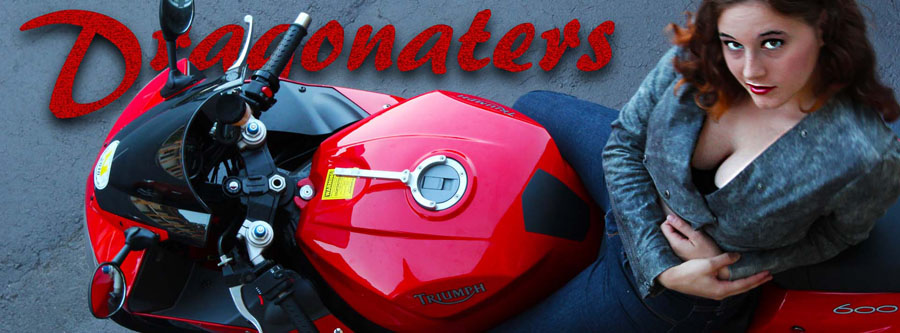
Or to be exact, The Dragonater's cousin on the Supreme Court says you can call a cop a nigger. The Dragonater cannot say her name, under threat of lawsuit, however, The Dragonater taught her everything she knows about the First Amendment. Good to see she learned her lesson. The other treasonous judges said the First Amendment is a roll of toilet paper, the US Border is Wide Fucking Open, US flags are banned at court, and all male US citizens must be castrated.
High court sides with police
Tenn. justices rule flagpole ban protest not protected speech
KNOXVILLE, TENN. -- A nearly five-year-long court battle over the limits of free speech rights has pitted a flag-waving veteran against police at a Hamblen County anti-illegal immigration rally and divided justices in both an intermediate appellate court and the state Supreme Court.
And it all began with a low-level misdemeanor conviction that likely would have been erased from Teddy Ray Mitchell's record.
The state's high court this past week reinstated that disorderly conduct conviction, reversing the Tennessee Court of Criminal Appeals' decision last year to toss out the case. Neither decision was a unanimous one, however.
The key issue: Was Mitchell's loud and rowdy protest of a police order banning flagpoles at the rally constitutionally protected speech?
The backdrop: It was a hot June day in 2006. As many as 500 opponents of immigration policies in the United States were gathered on the lawn of the Hamblen County Courthouse. Morristown officers were outfitted in riot gear. Police snipers dotted rooftops.
Enter Mitchell, then 61 years old.
His first verbal clash with authorities came when Officer Andre Kyle, who is black, barred him from parking in an area police purposely were keeping clear.
"There's no (racial slur) going to tell me where I can and can't park," Mitchell responded.
Mitchell parked elsewhere and tried to enter the rally entrance with an American flag affixed to an eagle-topped metal pole. Flags were fine. Poles and sticks weren't, as police deemed them possible weapons. Mitchell took immediate umbrage, cursing and yelling. Police claimed he used the flagpole to poke at Officer Troy Wallen.
A melee ensued, with part-time Officer Frankie Lane whipping out a Taser. But it was Kyle, not Mitchell, who wound up Tased, according to the opinion.
Police charged Mitchell with disorderly conduct and resisting arrest. A jury later acquitted Mitchell of the latter charge but deemed him guilty of being disorderly. Judge John F. Dugger Jr. had been willing to grant Mitchell judicial diversion, which would have allowed him to wipe his record clean after six months of good behavior.
Mitchell, instead, appealed.
State law defines disorderly conduct as conduct carried out in public, designed to cause "public annoyance or alarm," and "threatening" in nature. Police statewide often turn to it as a crowd control tool.
In a 2-1 ruling, the intermediate appellate court concluded the jury was wrong to deem Mitchell guilty of that charge.
Appellate Judges D. Kelly Thomas Jr. and James Curwood Witt Jr. opined that law enforcers should have thicker skins when it comes to being cursed and confronted and insisted a video did not show Mitchell menacing officers with the flagpole. Appellate Judge Norma McGee Ogle disagreed, saying the video made clear Mitchell's threatening behavior.
State prosecutors, then, sought a review by the state Supreme Court. It is extraordinary that the high court agreed to take up the case at all. The only cases the high court must review are those of convicted killers facing death.
But Mitchell's case, even though a misdemeanor, offered the rare chance to examine the line between legal dissent and illegal disorder, so they opted to allow the state's appeal.
In a 4-1 decision penned by Justice Gary R. Wade and released this past week, the high court concluded that Mitchell's overall behavior amounted to "fighting words" that crossed the line from protected free speech to disorderly conduct.
"While words and also conduct expressive of an idea may qualify as protected speech, the threatening behavior demonstrated by (Mitchell) does not, in our view, fall within either category," Wade wrote. "(Mitchell's) use of (a racial slur), his refusal to obey the officer's directive to move his vehicle from a no-parking area until a white officer intervened, his angry response, and his loud and belligerent confrontation of the officers at the rally area checkpoint qualified as threatening behavior designed to annoy or alarm in a public place."
Wade was joined in the opinion by Chief Justice Cornelia A. Clark and Justices Janice M. Holder and William C. Koch Jr.
Justice Sharon G. Lee split from the majority and instead backed Mitchell's free speech claim.
"In vociferously challenging the officers' authority to deny him permission to enter the rally with his American flag, there is no doubt Mr. Mitchell was rude, loud and belligerent," Lee wrote in a dissenting opinion. "... There was no proof that Mr. Mitchell made any threats of violence. There was no proof that any of the seven police officers at the entrance felt threatened at any time by Mr. Mitchell."
Mitchell could now try to entice the U.S. Supreme Court to wade into the debate. Otherwise, he'll walk away with the misdemeanor conviction back on his record.
Dissenting opinion by Justice Sharon Lee
Majority opinion

No comments:
Post a Comment